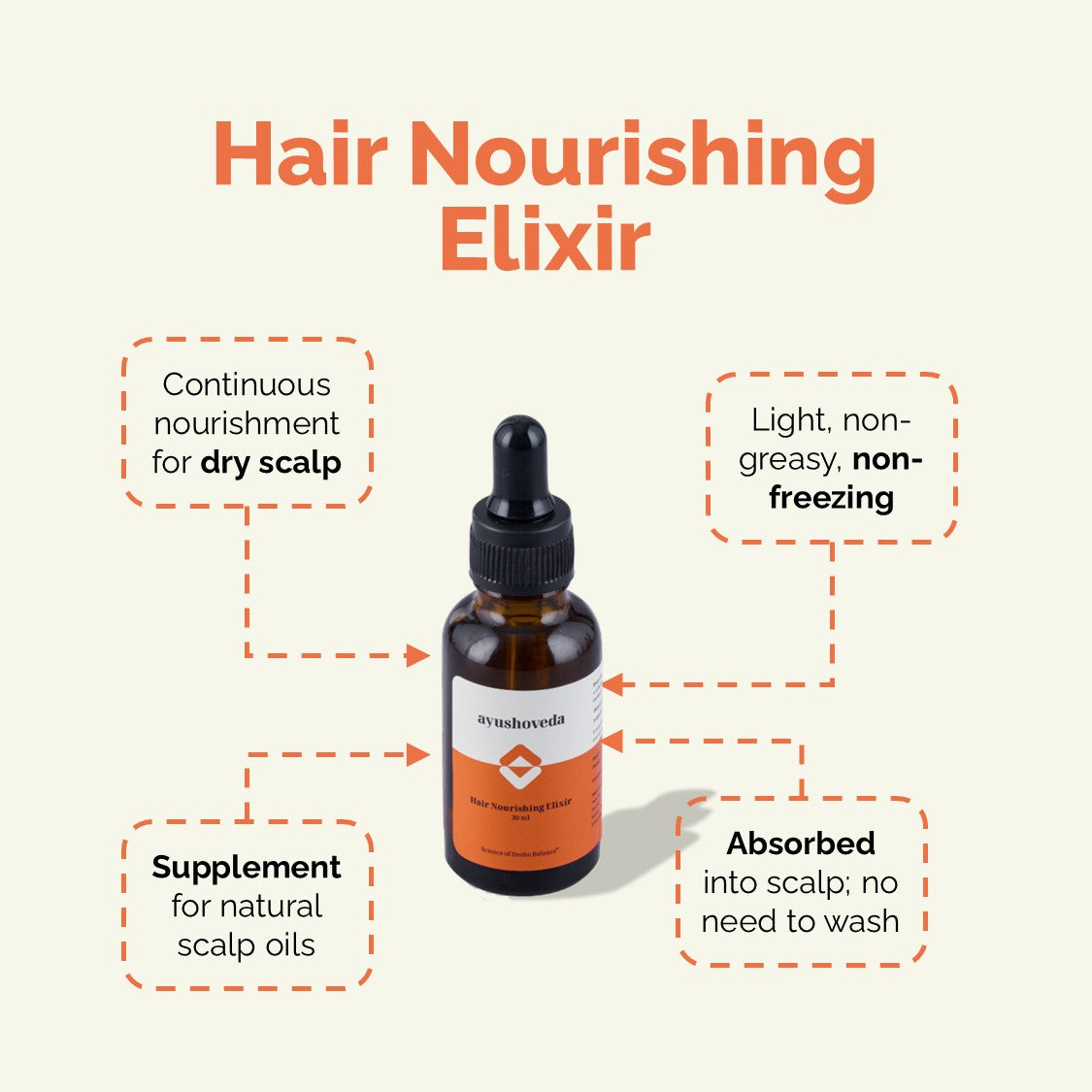Ayurveda: Ask Me Anything by Dr Nambi
Dr Nambi has done over 60 Ask Me Anything (AMA) sessions covering many diseases and health topics. During these 45+ minute live sessions, hundreds of questions are also answered.
Join Dr Nambi's weekly AMA at 9pm IST on Tuesdays
To find a topic of interest, you can search below.
AMA: Sessions 1 to 10
These sessions include conversations by Dr Nambi on Diabetes, Bone Health etc.
AMA #1: How does Ayurveda view joint health?
The focus of this session is on joint disorders—a concern that affects many, especially with advancing age, sedentary lifestyles, and nutritional deficiencies.
In this AMA session, Dr. Nambi unpacks the Ayurvedic understanding of joint function, causes of degeneration, types of disorders, and approaches to sustainable treatment and prevention.
AMA #2: Ayurveda and skin health
Conducted as part of his weekly “Ask Me Anything” AMA series, Dr. Nambi offers deep and practical insights into the Ayurvedic understanding of skin, its disorders, and management strategies.
This session focuses on skin disorders from an Ayurvedic perspective, chronic skin issues that mainly involve Pitta and Rakta dhatu (blood), highlighting the importance of internal heat and inflammation management.
AMA #3: The Ayurvedic Perspective on Hyperacidity (Amlapitta)
Ayurveda identifies hyperacidity as Amlapitta, a condition where the digestive fire (Pachaka Pitta) becomes sour (Amla) and displaced. When this sourness rises upwards (causing heartburn, burping, or throat irritation), it's classified as Urdhwagata Amlapitta.
Madhava Nidana (12th century) Ayurvedic text talks about this - which coincides with societal shifts toward erratic routines, processed foods, and late-night activity.
AMA #4: How Ayurveda addresses diabetes
In Ayurveda, the term Prameha derives from two Sanskrit roots: Pra (excess) and Miha (urination). This refers to the condition’s hallmark symptom—frequent and excessive urination, both in volume and turbidity.
Ayurveda considers diabetes a systemic disorder tied to metabolic imbalance and improper dietary and lifestyle habits. Early-stage (Kapha-dominant) diabetes can often be reversed through lifestyle changes. Advanced stages require symptom management.
AMA #5: Bone health and Ayurveda
Dr. Nambi delves deep into the Ayurvedic understanding of bone health, emphasizing the vital role of Asthi Dhatu (the bone tissue) and how lifestyle choices, nutrition, and aging affect it.
Through simple explanations and practical advice, he unpacks how bone strength is intricately tied to Vata dosha, overall nourishment, and the condition of the body's tissues.
Strong muscles around joints are crucial since they support bones and absorb shock.
AMA #6: Food, digestion and health from an Ayurvedic perspective
Dr. Nambi shares Ayurvedic insights on food, digestion, lifestyle, and health. Drawing from classical texts and experience, he emphasizes that food is not just nourishment but a foundational pillar of health.
“If your food and lifestyle are right, you may not need medicine at all.”
AMA #7: The importance of digestion or Agni in Ayurveda
Dr. Nambi delves into one of Ayurveda’s foundational concepts — Agni, the digestive and metabolic fire.
With practical wisdom, he explores how Agni governs not just digestion, but overall health, vitality, and longevity.
The session also includes valuable responses to a wide range of audience questions related to metabolism, Prakriti, seasonal routines, and dietary practices.
AMA #8: The benefits of oils, massages in Ayurveda
Dr. Nambi explores one of the core therapeutic tools in Ayurveda—Sneha or using oils.
Drawing from classical texts and practical experience, he explained how Sneha is more than just oil. It’s a deeply nourishing and integral component of Ayurvedic healing, essential for daily health and major detoxification therapies like Panchakarma.
AMA #9: Understanding your prakriti in Ayurveda
Ayurveda places deep importance on the concept of Prakriti, the inherent constitution of an individual, which determines one’s physical, physiological, and psychological traits.
Dr. Nambi explores this fundamental Ayurvedic concept, explaining the three dosha types (Vata, Pitta, and Kapha) and their significance in maintaining health, diagnosing imbalances (vikriti), and personalizing healthy practices.
AMA #10: Panchakarma: The Heart of Ayurvedic Detox and Healing
Ayurveda is rooted in two fundamental principles: maintaining the health of a healthy individual (swasthasya swaastha rakshanam) and managing the illness of the diseased (aaturasya vikara prashamanam).
Panchakarma, Ayurveda’s signature detoxification therapy, plays a central role in both preventive and curative healthcare.
In this session, Dr. Nambi offers a comprehensive overview of Panchakarma—what it is, when it's used, and how it supports the body's natural intelligence to cleanse and rejuvenate.





